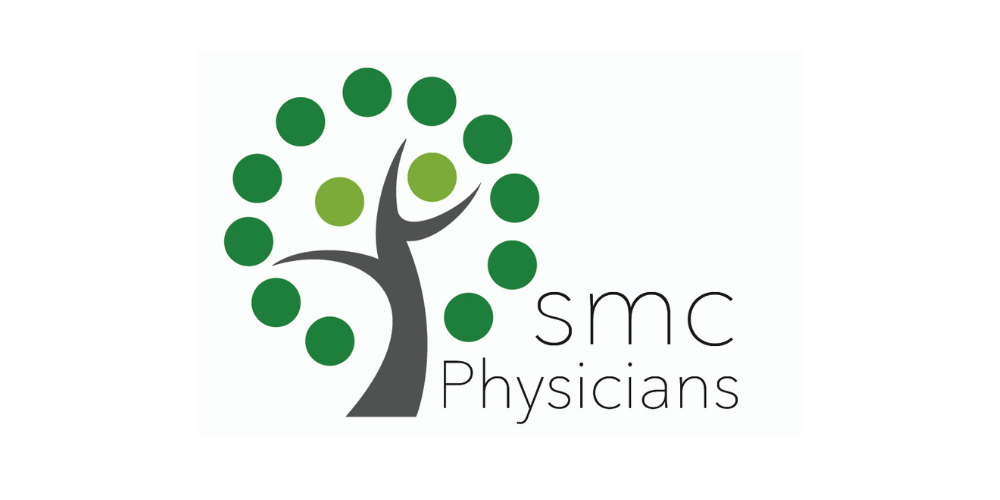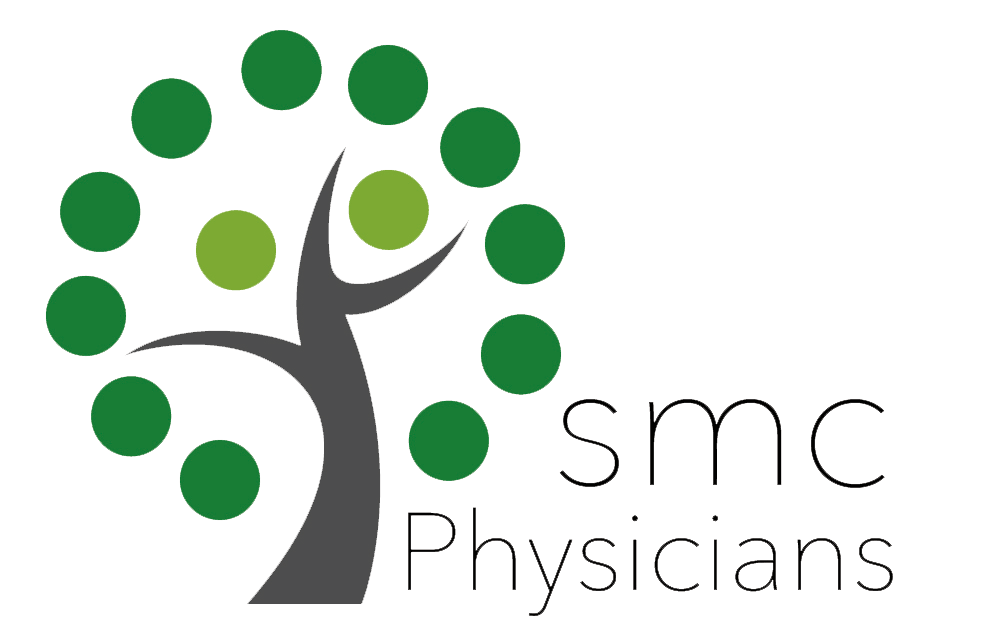Nephrology
Acute Kidney Injury (AKI)
Acute Kidney Injury (AKI) is a sudden loss of kidney function that can develop within hours or days. It is a serious condition and requires prompt medical attention to prevent long-term kidney damage or other complications. At SMC Physicians, our nephrology specialists provide expert diagnosis, treatment, and management for AKI to help restore kidney function and improve overall health.
What is Acute Kidney Injury?
AKI occurs when the kidneys suddenly lose their ability to filter waste and excess fluids from the blood. This can cause dangerous imbalances in the body, leading to severe health complications if left untreated. Unlike chronic kidney disease (CKD), which develops gradually, AKI happens quickly and is often reversible with timely medical intervention.
Causes of Acute Kidney Injury
AKI can occur due to several factors, including:
- Decreased Blood Flow to the Kidneys: Caused by dehydration, low blood pressure, heart failure, or blood loss.
- Direct Kidney Damage: Due to infections, medications (such as certain antibiotics or pain relievers), toxins, or autoimmune diseases.
- Urinary Blockage: Conditions like kidney stones, an enlarged prostate, or tumors can obstruct urine flow, leading to AKI.
Certain individuals, such as older adults, hospitalized patients, and those with pre-existing kidney disease, diabetes, or heart conditions, are at a higher risk for developing AKI.
Signs & Symptoms
Symptoms of AKI can vary depending on the severity of the condition. Common signs include:
- Decreased urine output
- Swelling in the legs, ankles, or face
- Fatigue or weakness
- Nausea or vomiting
- Shortness of breath
- Confusion or difficulty concentrating
- Irregular heartbeat
In severe cases, AKI can lead to life-threatening complications such as fluid overload, high potassium levels (which affect heart function), and the buildup of toxins in the blood.
Diagnosis & Treatment of AKI
At SMC Physicians, our nephrology specialists use advanced diagnostic tools to quickly identify and treat AKI. The process may include:
Diagnosis
- Blood Tests: To measure creatinine levels and assess kidney function.
- Urine Tests: To check for protein, blood, or other abnormalities.
- Imaging Tests: Ultrasound or CT scans to examine kidney structure and detect blockages.
- Kidney Biopsy (in rare cases): To determine the cause of kidney damage.
Treatment Options
Treatment for AKI focuses on addressing the underlying cause and restoring kidney function. Depending on the severity, treatment may include:
- Fluids & Medications: To improve blood flow to the kidneys and correct imbalances.
- Stopping Harmful Medications: Adjusting or discontinuing medications that may contribute to kidney injury.
- Managing Blood Pressure & Infection: Using appropriate treatments to stabilize vital signs.
- Dialysis (In Severe Cases): Temporary dialysis may be needed if kidney function does not improve on its own.
Recovery & Long-Term Kidney Health
Many patients recover from AKI with proper medical care, but some may experience lasting kidney damage, increasing their risk for chronic kidney disease. Our specialists provide ongoing monitoring and personalized care plans to help prevent future kidney problems.
Expert Care at SMC Physicians
At SMC Physicians, we are dedicated to providing comprehensive care for patients with kidney conditions, including AKI. Our Nephrology and Hypertension team works closely with each patient to develop an individualized treatment plan to support recovery and long-term kidney health.
If you or a loved one is experiencing symptoms of acute kidney injury, don’t wait—contact SMC Physicians today for expert evaluation and treatment.
List of Services & Specialities
Our Nephrologists








Our Hospital Affiliations







